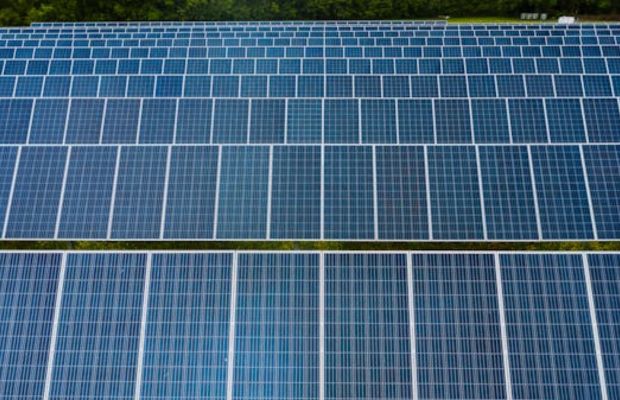Indonesia urgently needs US$146 billion in near-term private investments to meet its 2030 climate targets, necessitating substantial policy reforms to boost investor confidence, according to a recent Institute for Energy Economics and Financial Analysis (IEEFA) report.
Despite abundant renewable energy potential and robust economic growth, Indonesia has seen stagnation in renewable energy investment over the past seven years. In 2023, it attracted only US$1.5 billion, adding a mere 574 megawatts (MW) of capacity. This falls far behind neighboring countries like Vietnam, which boasts 13,035MW of solar and 6,466MW of wind capacity.
The report identifies several barriers hindering investment, including complex procurement procedures, restrictive ownership transfer regulations, and unattractive financial schemes. These challenges, compounded by stringent local content requirements and unclear carbon credits policies, have deterred potential investors.
The government’s strategy of involving PT Perusahaan Listrik Negara (PLN), Indonesia’s national utility, as a mandatory partner with 51% equity ownership in renewable projects further complicates the investment landscape. This arrangement, coupled with PLN’s role as the sole off-taker, creates conflicts of interest and limits private sector participation.
To address these issues and attract private investors, the report recommends transparent and streamlined procurement processes, along with clear regulatory frameworks. These reforms are crucial for Indonesia to achieve its decarbonization goals and unlock the necessary private investments to drive renewable energy development forward.

